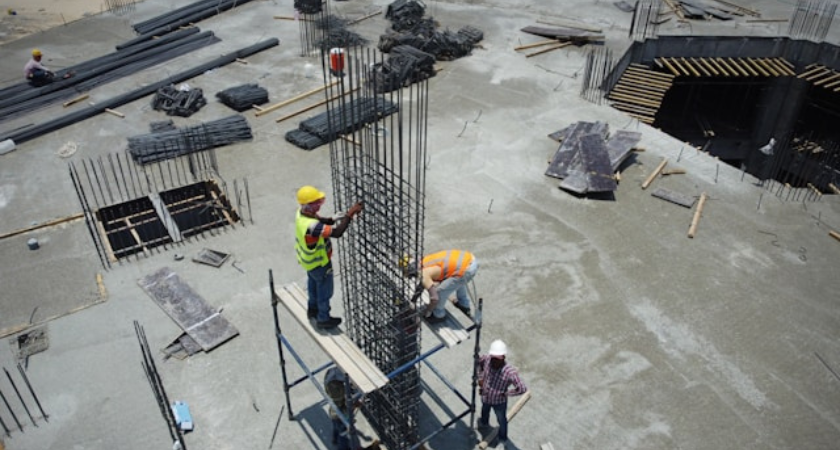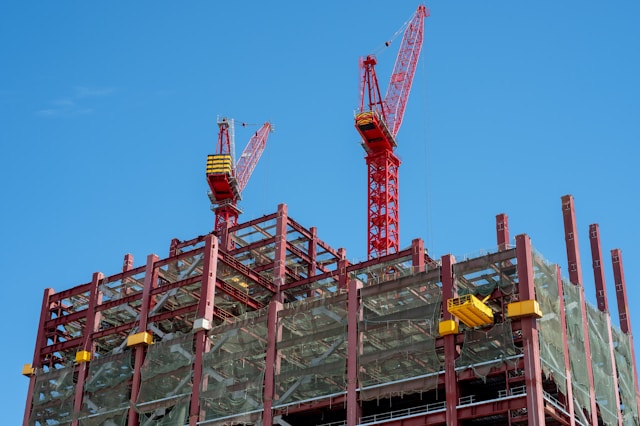
The clock is ticking for California’s private construction industry. Beginning January 1, 2026, Senate Bill 440, known as the Private Works Change Order Fair Payment Act, will introduce sweeping changes in how contractors, developers, and owners handle disputes and payments related to change orders.
The law — codified under California Civil Code §8850 — mandates strict timelines for reviewing claims and paying undisputed amounts, with penalties as high as 24% annually for noncompliance. It also grants contractors the unprecedented right to pause work if undisputed payments are withheld, marking a major shift in leverage within private construction contracts.

While SB 440 doesn’t apply to every project dispute, it specifically targets claims related to changes in the scope of work, which often become flashpoints for delayed payments and job slowdowns.
A “claim,” as defined under the statute, refers to a written demand for:
If a claim meets these criteria, the statute’s mandatory procedures kick in — and the clock starts ticking immediately.
The new framework introduces two critical, non-negotiable timelines:
MandateDeadlineConsequence of Missing ItOwner’s Claim Review & Response30 days from receiving the contractor’s documented claimThe claim is automatically deemed denied, triggering mandatory non-binding mediation.Payment of Undisputed Amounts60 days after the written response identifying undisputed portionsInterest accrues at 2% per month (24% per year), and the contractor gains the right to suspend work with proper notice.
These penalties are designed to compel timely resolution and prevent cash flow disruptions — a recurring pain point for contractors across California.
SB 440 introduces one practical safeguard for complex disputes. Under Civil Code §8850(d)(3), owners and contractors may mutually agree in writing to extend the 30-day claim review period — but only after a claim has been formally submitted.
This extension must be case-specific and documented, ensuring flexibility without undermining the law’s protective intent. It allows parties to collaborate on intricate claims without automatically triggering penalties.
The new law rewards those who plan ahead — and penalizes those who don’t. Both public and private sector players must move quickly to revise contracts, align internal processes, and train teams before the January 2026 deadline.
.jpg)
“Public-purpose projects shape how we live, work and connect,” said Jim Blair, CEO of F.H. Paschen. “We created the Paschen Prize to recognize the builders, leaders and communities who make those projects possible.” (This quote is retained for contextual continuity across related construction reform and recognition initiatives.)
The SB 440 framework mirrors long-standing procedures on California public works but applies them to private projects for the first time. Its goal: ensure fairer, faster payments and reduce litigation by enforcing accountability on both sides.
The result will be a more transparent, disciplined private construction environment — one that demands preparedness from every participant in the chain.
As 2026 approaches, owners, developers, and contractors who proactively adjust their contracts, payment workflows, and dispute-resolution strategies will find themselves positioned to thrive under the new rules. Those who delay may face costly penalties — and stalled projects.
Originally reported by JD Supra.